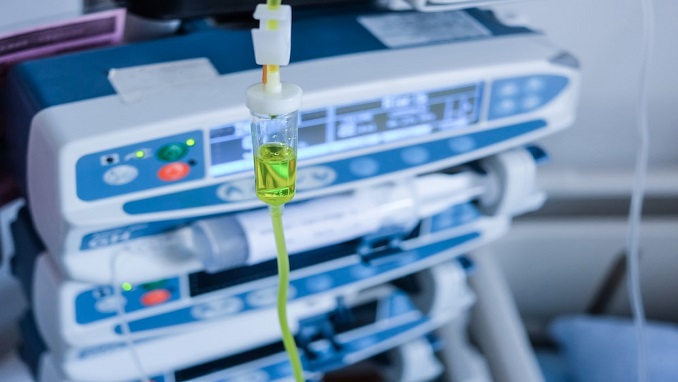The U.S. Food and Drug Administration (FDA) approved last week Sanofi Genzyme’s Xenpozyme “for intravenous infusion in pediatric and adult patients with Acid Sphingomyelinase Deficiency (ASMD).”
ASMD is an extremely rare, progressive genetic disease that causes premature death. The disease is caused by the “lack of an enzyme needed to break down a complex lipid, called sphingomyelin, that accumulates in the liver, spleen, lung, and brain,” explains the FDA.
“Xenpozyme is an enzyme replacement therapy that helps reduce sphingomyelin accumulation,” FDA’s release notes.
“ASMD has a debilitating effect on people’s lives and there is a critical need to increase treatment options for patients who suffer from this rare disease,” said Christine Nguyen, M.D., Deputy Director of the Office of Rare Diseases, Pediatrics, Urologic and Reproductive Medicine in the FDA’s Center for Drug Evaluation and Research (CDER).
As per Sanofi’s press release, Xenpozyme (Olipudase alfa) is approved to treat symptoms that are not related to the central nervous system in patients with ASMD and is the “first therapy indicated specifically for the treatment of ASMD and currently the only approved treatment for this disease”.
According to the company, which is Biotechnology Innovation Organization (BIO) member, “there are fewer than 120 patients diagnosed with ASMD in the U.S.” Furthermore, approximately two-thirds of these patients are pediatric.
As the FDA pointed out, the drug received “fast track, breakthrough therapy, and priority review designations” as well as orphan drug designation, “which provides incentives to assist and encourage the development of drugs for rare diseases.”
Sanofi announced that Xenpozyme should be available in the U.S. in the coming weeks with the listed price of $7,142.00 per vial, noting that “actual patient out-of-pocket costs may be lower as the list price does not reflect insurance coverage, co-pay support for eligible patients, or financial assistance from patient support programs.”
The drug, as the company explains, is administered every two weeks and “its administration requires a dose escalation phase followed by a maintenance phase.”




